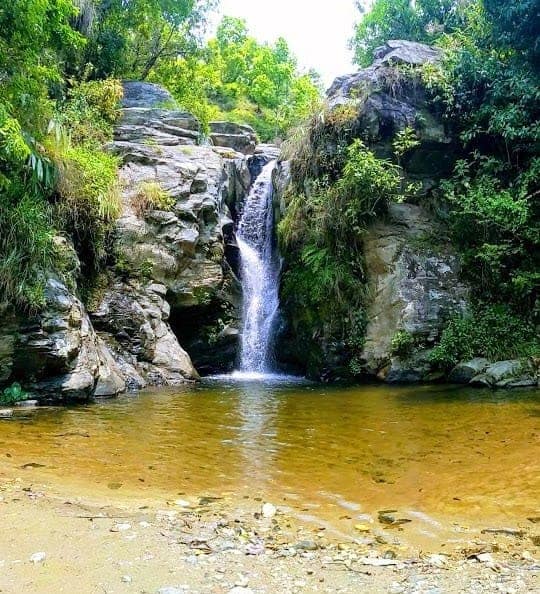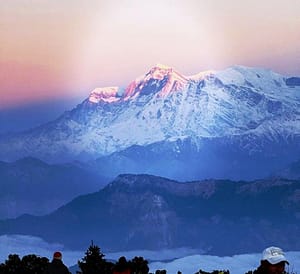Introduction: Niru Yoga Homestay – A Hidden Gem for Yoga and Meditation in Nepal
Nepal, with its spiritual energy, breathtaking landscapes, and serene surroundings, has long been known as a haven for those seeking inner peace and adventure. If you’re looking for the ultimate yoga and meditation retreat, Niru Yoga Homestay offers an unparalleled experience. Nestled in the lush hills and surrounded by the majestic Himalayas, Niru Yoga Homestay is not just a place to practice yoga—it’s a journey of personal transformation, hiking through nature, and deep spiritual rejuvenation.
1. Niru Yoga Homestay: A Unique Yoga Retreat Experience
At Niru Yoga Homestay, you’ll experience yoga in its truest form—connecting with both your body and soul while immersing yourself in Nepal’s culture and natural beauty. Whether you’re a beginner or an experienced practitioner, our expert instructors cater to all levels. This retreat offers:
- Hatha Yoga and Vinyasa Flow sessions to connect with the body and breath.
- Pranayama and Meditation classes to calm the mind and improve focus.
- Cultural Workshops where you’ll learn traditional practices from Nepal’s heritage.
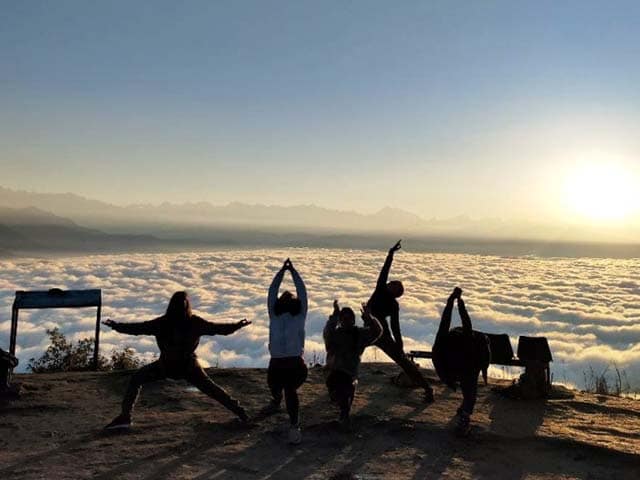
2. Hiking and Trekking: Explore Nepal’s Natural Beauty
One of the unique aspects of Niru Yoga Homestay is the combination of hiking and yoga. The retreat offers a variety of hikes to nearby peaks and villages where you’ll experience:
- Scenic Mountain Views: Trek through the hills and enjoy panoramic views of the Annapurna and Machapuchare mountains.
- Cultural Immersion: Stop at local villages to experience Nepali hospitality and traditions firsthand.
- Fresh Air and Silence: The natural surroundings provide the perfect backdrop for introspection and personal growth.
The hiking paths around Niru Yoga Homestay are designed to not only challenge your physical limits but also offer opportunities for reflection, making it the perfect complement to your yoga practice.

3. Meditation Retreats: Deepen Your Practice in the Himalayas
For those seeking spiritual renewal, Niru Yoga Homestay offers meditation retreats designed to help you disconnect from the chaos of everyday life and reconnect with your inner self. The meditation sessions are held in serene, tranquil spaces, guided by experienced teachers who help you explore various techniques such as:
- Mindfulness Meditation for present-moment awareness.
- Vipassana Meditation to gain insight into the nature of the mind.
- Guided Visualization to unlock deeper layers of your consciousness.
With the breathtaking Himalayas as your backdrop, these retreats offer the perfect environment for a spiritual awakening.

4. Why Niru Yoga Homestay is the Best Yoga Retreat in Nepal
Here are a few reasons why Niru Yoga Homestay is considered one of the best yoga retreats in Nepal:
- Holistic Approach: The retreat blends yoga, meditation, hiking, and cultural experiences into a single transformative journey.
- Personalized Experience: The team at Niru Yoga Homestay takes the time to understand your individual needs, tailoring classes and activities for a deeper connection.
- Serene Location: Located in a peaceful village near Pokhara, far from the hustle and bustle, Niru Yoga Homestay offers a tranquil and inspiring environment.
- Sustainable Living: The homestay operates with a focus on sustainability, using local resources, eco-friendly practices, and providing organic meals sourced from nearby farms.
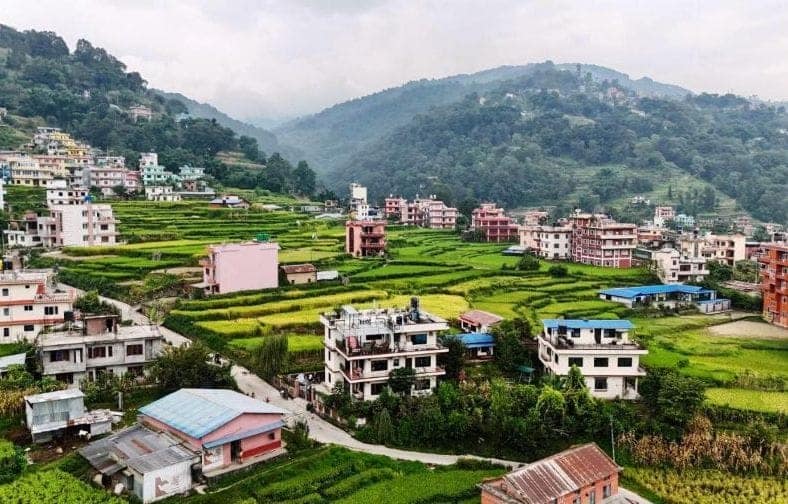
5. Hiking and Yoga Retreat Packages: What’s Included?
When you book a retreat at Niru Yoga Homestay, you can expect a comprehensive package that includes everything you need for a transformative experience. Here’s what’s typically included:
- Yoga and Meditation Classes every morning and evening.
- Guided Hiking Trips to explore the natural beauty of the area.
- Organic and Healthy Meals prepared with locally sourced ingredients.
- Accommodations in comfortable, eco-friendly rooms or traditional Nepali homestay-style lodging.
- Cultural Immersion Activities, such as visits to local temples, villages, and cultural landmarks.
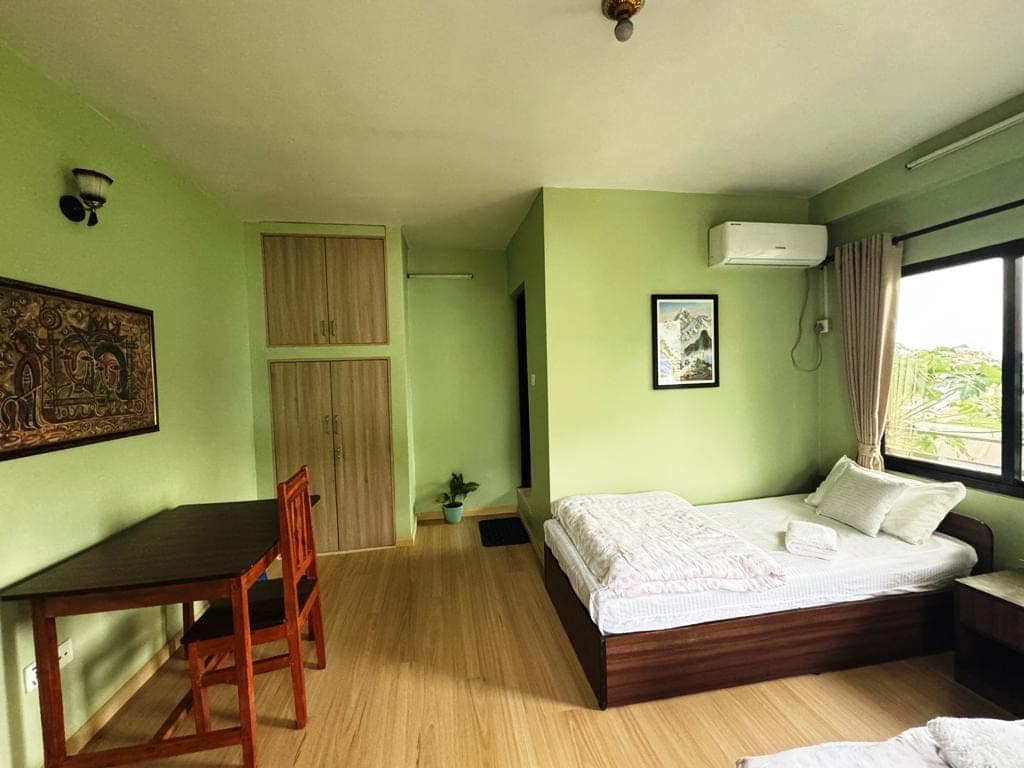
6. A Journey of Wellness: Transform Your Body and Mind
At Niru Yoga Homestay, wellness is not just about physical fitness—it’s about nourishing your mind, body, and soul. The combination of yoga, meditation, and nature walks offers an all-encompassing approach to health and well-being. Whether you’re looking to release stress, rejuvenate after a busy year, or simply deepen your yoga practice, Niru Yoga Homestay provides the ideal environment for your journey.
- Physical Wellness: Improve flexibility, strength, and balance through daily yoga and hiking.
- Mental Clarity: Meditation sessions help you clear your mind and find inner peace.
- Spiritual Growth: The serene surroundings invite deep spiritual reflection and connection.
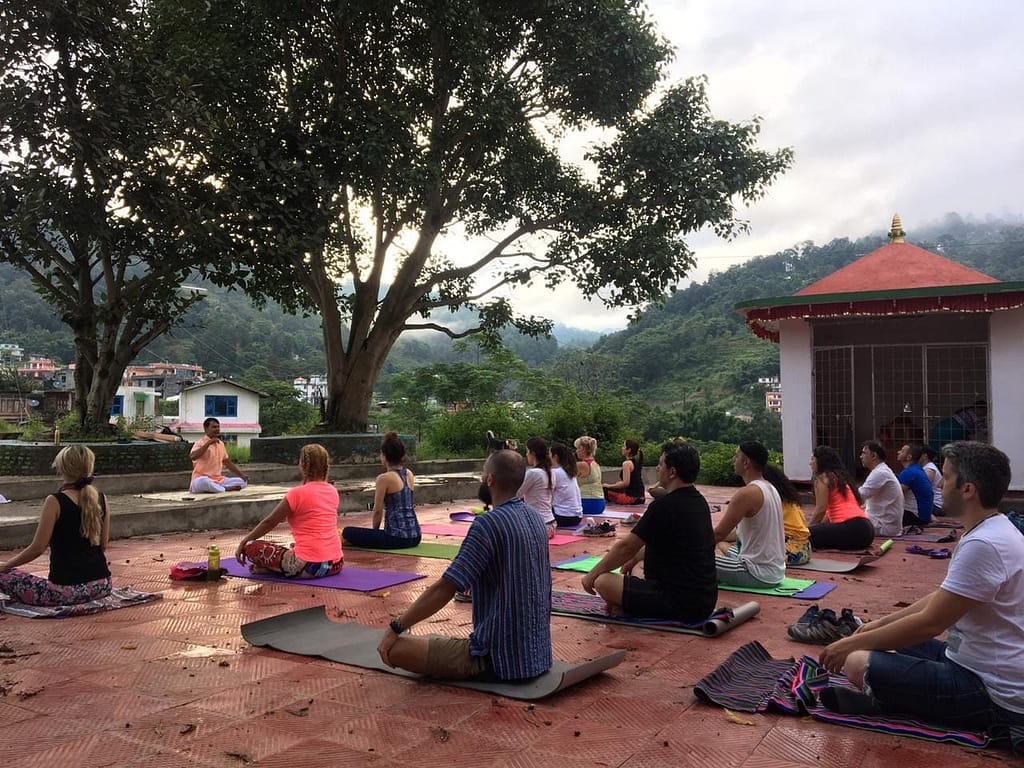
7. Booking Your Retreat: How to Get Started
Ready to embark on a life-changing journey? Booking your retreat at Niru Yoga Homestay is easy. Visit our website at niruyogahomestay.com for more details on available packages, dates, and pricing. Join us for a transformative experience where yoga, nature, and spirituality come together to create lasting change in your life.
Call to Action:
Book Your Niru Yoga Homestay Retreat Today and Begin Your Journey to Inner Peace and Adventure!
#YogaRetreatNepal #NepalWellness #MeditationInNepal #SoundHealingNepal #NepalRetreat #NepalTravelAustralia #NepalTravelUS #NepalTravelCanada #NepalTravelEurope #LifeChangingRetreat #WellnessTravelNepal #HikingAndYogaNepal

